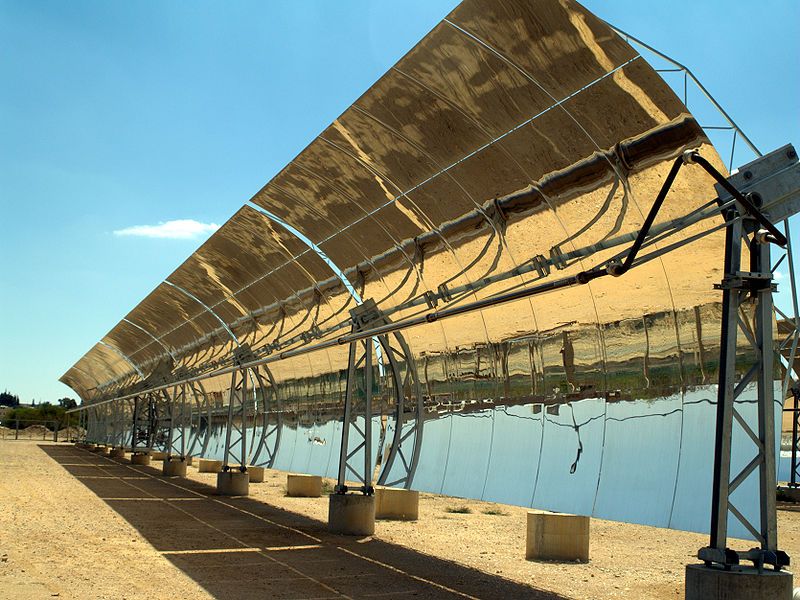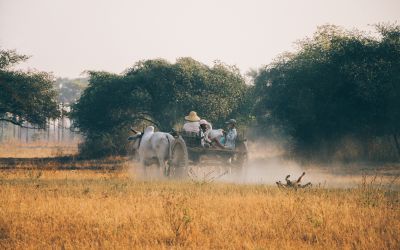Solar power will bring electricity to millions of Africans, says development bank
The African Development Bank is unveiling its plan to help connect 29.3 million people in the continent with electricity by 2020.

The African Development Bank is unveiling its plan to help connect 29.3 million people in the continent with electricity by 2020.
The bank is investing heavily in ways to help the estimated 640 million Africans who lack access to energy as well as protecting them against climate risks.
As part of its Desert to Power initiative, the bank sees a pivotal role for solar power in this ambitious plan by building 10,000 megawatts (MW) of new capacity in the 1,000km Sahel region, close to the Sahara desert. It’s claimed that this project could eventually provide electricity for up to 250 million people, with 90 million currently living off-grid.
The President of the Bank, Akinwumi Adesina, made the announcement this week at a meeting in Addis Ababa, Ethiopia.
“We have already started with development of a 50 MW solar power system in Burkina Faso…The initiative will protect the Great Green Wall of trees established to protect against desertification in the Sahelian zone, from being cut down by energy-poor households for use as fuel wood. When completed, we expect this to be the largest solar power system zone in the world”, he said.
Mr. Adesina went on to comment that the bank’s support provided 3.8 million Africans with electricity last year and that the goal of almost 30 million can be achieved through appropriate financing.
The president also called on the international community to co-pay for climate insurance for vulnerable African countries at risk from the impacts of extreme weather events. It is already planning to commit $76 million in the coming year towards insurance premiums.
The bank is similarly increasing its climate resiliency efforts, tripling financing in this area over the next couple of years to protect fragile ecosystems. This includes $101 million to help restore Lake Chad’s seriously depleted ecosystem; and $281 million for programmes in the Horn of Africa.


